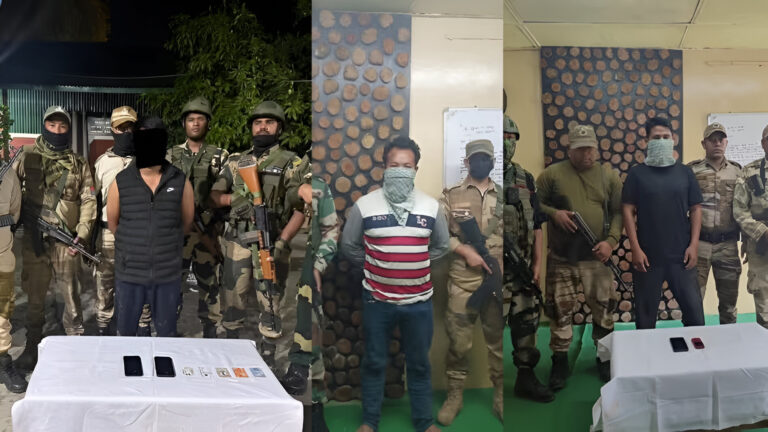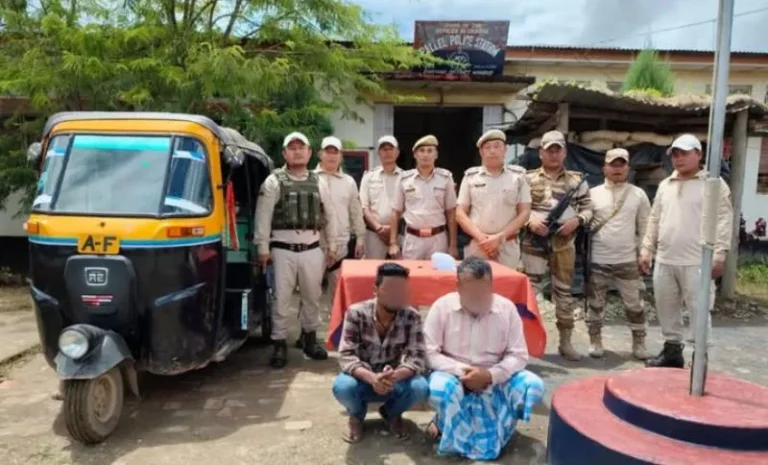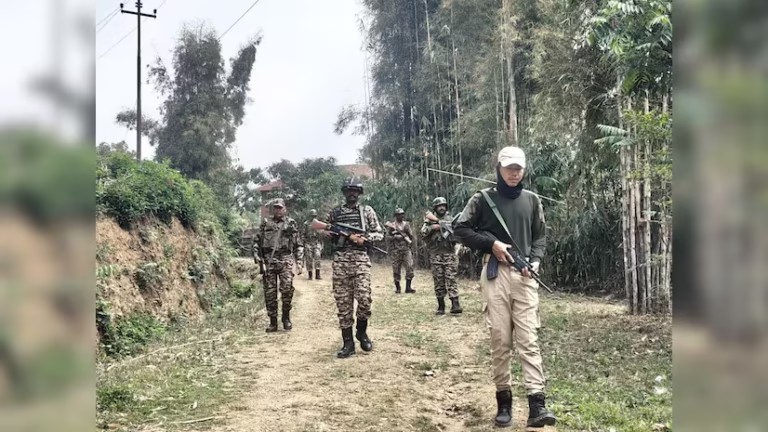Manipur Congress Accuses State Government of Violating Constitutional Provisions: A Call to Convene the Winter Session
Summary
The Manipur Congress has accused the state government of violating constitutional provisions by failing to convene the winter session of the legislative assembly. Highlighting the mandatory requirement for three annual sessions—budget, autumn, and winter—the Congress alleged that the absence of a winter session undermines democratic principles. They have submitted memorandums to the Governor, Speaker, and Chief Minister urging immediate action to summon the session. The Congress claims this lapse impacts legislative oversight, governance, and public trust in democratic institutions.
The Constitutional Crisis in Manipur: A Detailed Analysis
What’s Happening in Manipur?
In Manipur, a storm is brewing over what many see as a blatant disregard for constitutional mandates. The Congress party has raised the alarm, accusing the state government of violating Article 174 of the Indian Constitution, which mandates that legislative assemblies must convene at least every six months. The winter session, traditionally held towards the year’s end, has not been summoned. This omission is not just procedural—it raises questions about the state’s commitment to democratic governance.
The Role of Legislative Sessions
Why do we even need these sessions? Think of them as the heartbeat of a democracy. Without regular sessions, the government risks running on autopilot, with no accountability to the people or their representatives. The Constitution requires three sessions annually:
- Budget Session: Focuses on financial planning and budget approvals.
- Autumn Session: Typically addresses policy discussions and legislative debates.
- Winter Session: Provides a year-end opportunity to tie up loose ends, discuss pressing issues, and ensure continuity in governance.
By skipping the winter session, the government is seen as sidestepping its duty to ensure legislative oversight.
Congress Speaks Out
Former Chief Minister Okram Ibobi Singh didn’t mince words when addressing the media. He stated, “The state government is blatantly violating constitutional provisions. The absence of a winter session undermines democratic norms and deprives legislators of the opportunity to debate critical issues.”
The Congress party has taken proactive steps, including submitting formal memorandums to the Governor, Speaker, and Chief Minister, demanding the immediate summoning of the winter session. They argue that this isn’t just about tradition—it’s about upholding the very framework of democracy.
Why This Matters: The Bigger Picture
Skipping the winter session might seem like a minor administrative lapse, but it has far-reaching implications. Here’s why it matters:
- Loss of Oversight: Legislative sessions provide a platform for the opposition to question the government’s decisions. Without them, governance can become opaque and unilateral.
- Pending Legislation: Important bills and policies remain in limbo, delaying progress on critical issues.
- Erosion of Trust: When governments sidestep constitutional mandates, it undermines public trust in democratic institutions.
This isn’t just a Manipur problem—it’s a warning sign for democracies everywhere.
Breaking Down the Legal Framework
What Does the Constitution Say?
Article 174 of the Indian Constitution clearly states that the Governor must ensure the assembly meets at least every six months. This clause isn’t just a suggestion—it’s a binding mandate designed to maintain the continuity of governance.
Precedents and Conventions
In India, legislative bodies at both the state and central levels follow a long-standing convention of holding three annual sessions. Skipping one disrupts this balance and sets a concerning precedent. It raises questions about the government’s priorities and its respect for constitutional norms.
Implications of the Missing Winter Session
1. Governance Without Accountability
When there’s no assembly session, the executive operates without legislative checks. This can lead to arbitrary decision-making and a lack of transparency.
2. A Blow to Democracy
Democracies thrive on debate and discussion. Skipping a session silences this dialogue, depriving citizens of representation on critical matters.
3. Public Discontent
For a state like Manipur, already grappling with multiple challenges, this oversight fuels public discontent. People expect their leaders to uphold democratic values, not bypass them.
Congress’s Action Plan
The Manipur Congress isn’t taking this lightly. Here’s what they’re doing:
- Formal Memorandums: Letters to the Governor, Speaker, and Chief Minister urging immediate action.
- Media Outreach: Raising public awareness about the constitutional breach.
- Public Mobilization: Engaging citizens to demand accountability.
As the opposition party, the Congress is stepping up to ensure the government adheres to constitutional norms.
A Wake-Up Call for Democratic Governance
This issue is bigger than Manipur—it’s a wake-up call for all democratic governments. When elected leaders sidestep constitutional mandates, it’s up to the people and opposition to hold them accountable. The Congress’s efforts in Manipur highlight the importance of vigilance in safeguarding democracy.
Conclusion
The situation in Manipur is a stark reminder of the fragile nature of democracy. Regular legislative sessions are more than just a procedural requirement—they’re a cornerstone of transparent, accountable governance. As citizens, it’s our responsibility to demand that our leaders uphold these principles. The ball is now in the government’s court to convene the winter session and restore faith in democratic processes.
FAQs
1. What is the constitutional mandate for state assemblies?
State legislative assemblies must meet at least once every six months, as per Article 174 of the Indian Constitution.
2. Why is the Manipur Congress accusing the state government?
The Congress alleges that the state government violated constitutional provisions by failing to convene the mandatory winter session.
3. What are the implications of skipping a legislative session?
It leads to a lack of accountability, delays in legislation, and undermines public trust in governance.
4. What actions has the Congress taken?
The Congress has submitted memorandums to state authorities and raised public awareness through media outreach.
5. How does this issue affect citizens?
Without legislative oversight, citizens lack representation on critical issues, and governance becomes less transparent.



